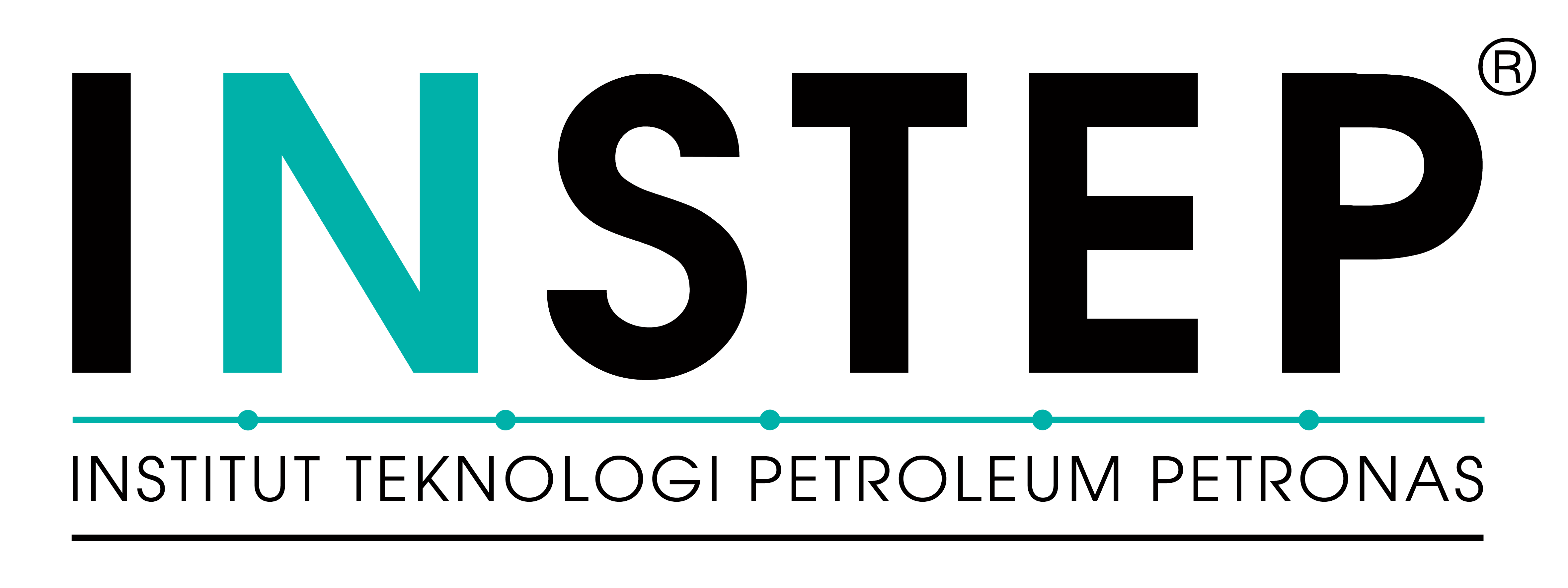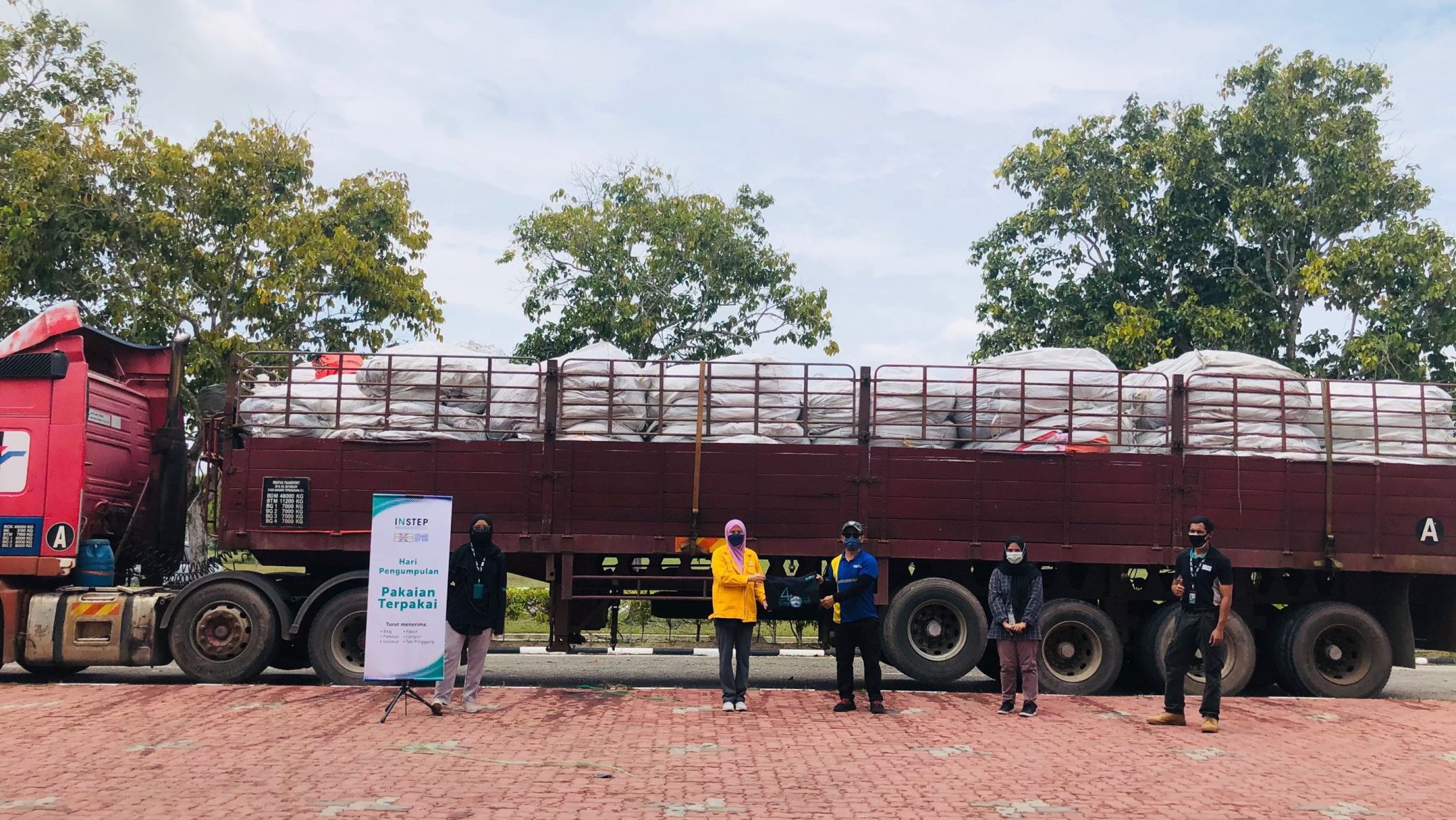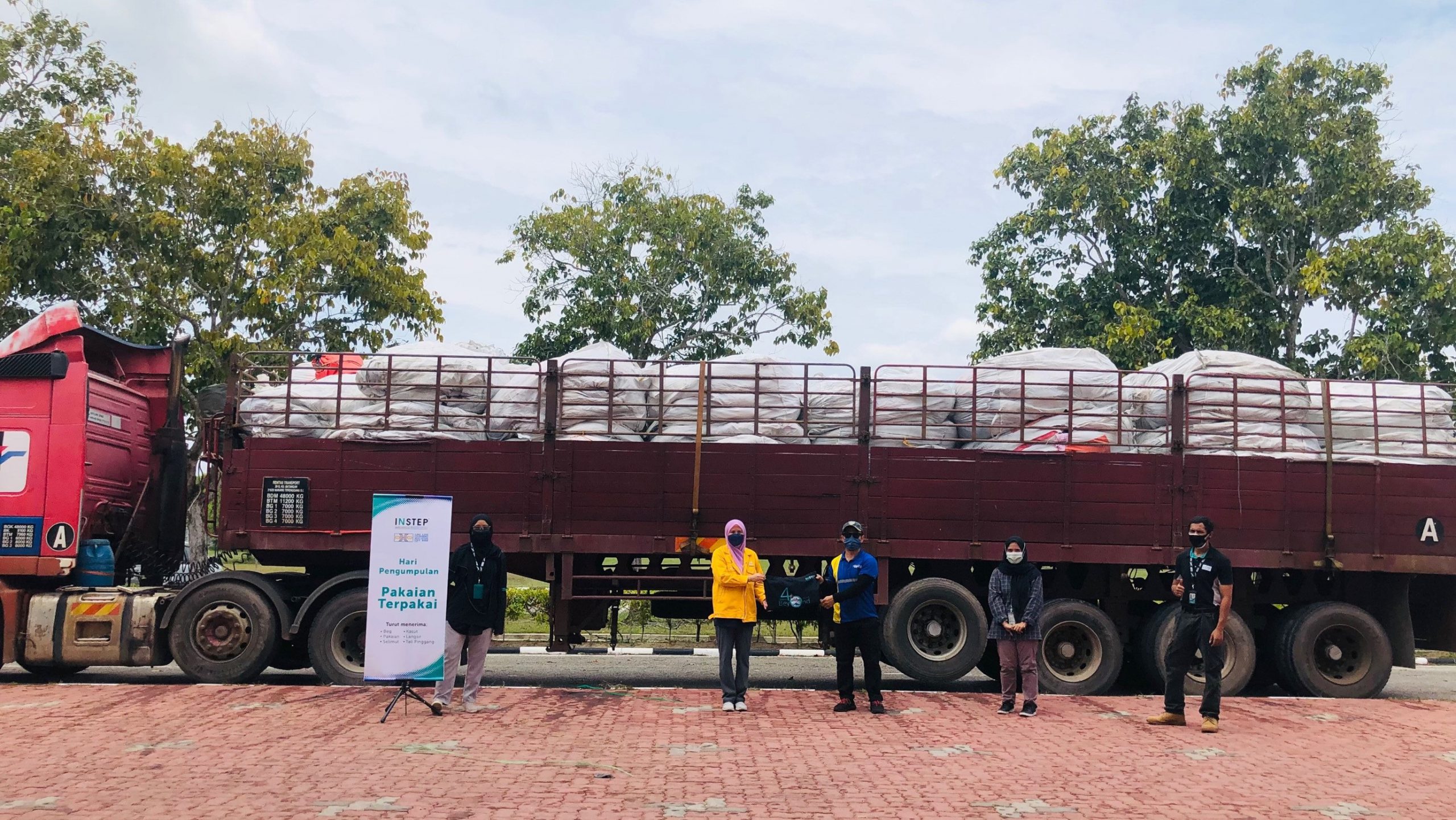
Institut Teknologi Petroleum PETRONAS (INSTEP) has successfully collected 40 tonnes of unused textiles from public under “Recycle Your Clothes” programme. The initiative is part of INSTEP effort in responding to the pledge towards a sustainable future.
INSTEP Chief Executive Officer, Idris Ibrahim says, “INSTEP is committed towards combatting global warming issues and landfills overflow. It is also resonating PETRONAS Sustainability Agenda, particularly the Net Zero Carbon Emission (NZCE) aspiration by 2050.”
The “Recycle Your Clothes’ programme is a collaborative effort with Life Line Clothing Malaysia Sdn. Bhd., a textile recycling company that aims to reduce fabric landfill waste. The target weight collection was 8 tonnes for a duration of 1 month.
With full support from Kuala Terengganu City Council (MBKT), Kuala Terengganu District and Land Office, Kuala Nerus District and Land Office and People’s Volunteer Corps (RELA), few public areas such as supermarket and night market site in Kuala Nerus and Kuala Terengganu were selected as collection points.
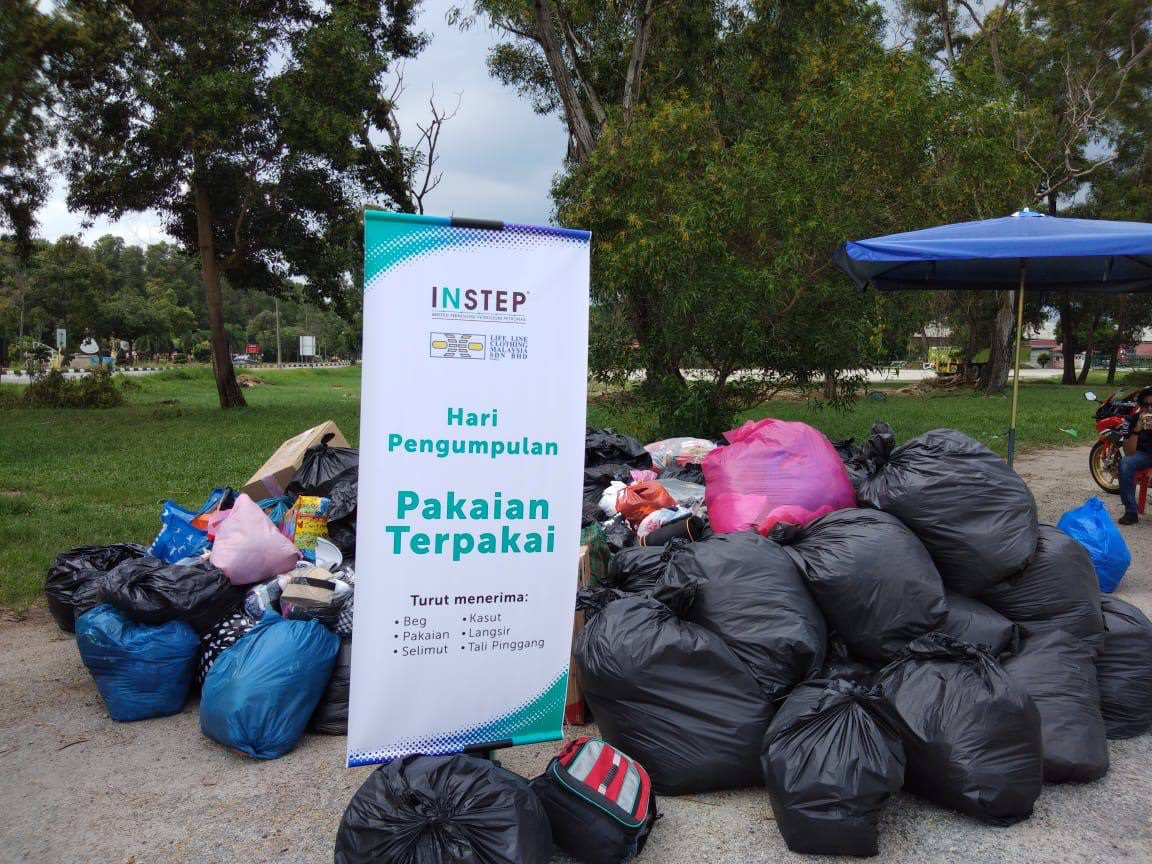
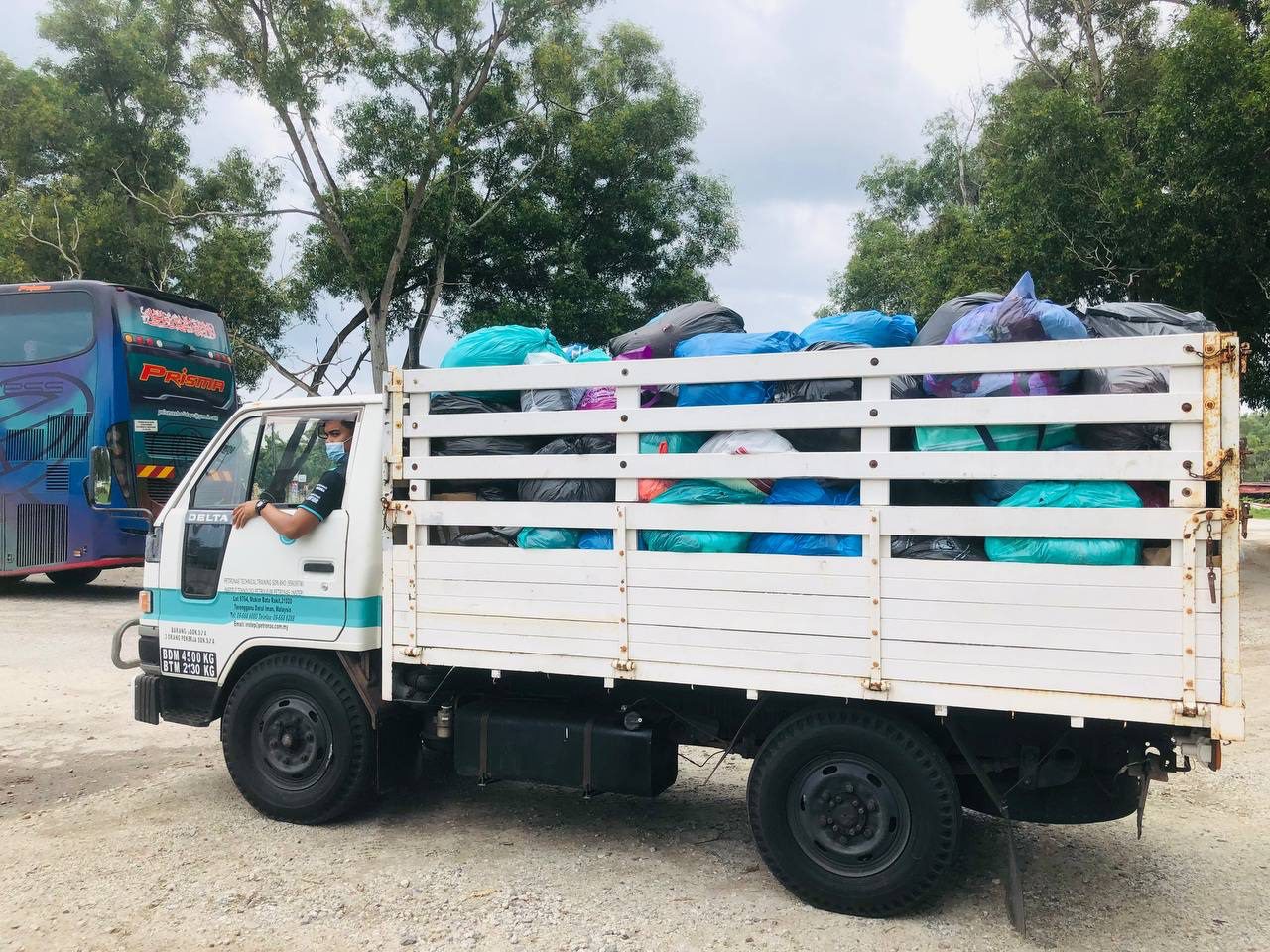
Programme Committee Member from INSTEP, Mohd Muaz Abdul Rasid expressed his proud to be part of the committee as the initiative promotes awareness among the local community on the importance sustainable environment. To reduce the risk of COVID-19 pandemic, the collection activities were carried out strictly in compliance with the Standard Operating Procedures (SOP) such as drive through concept with minimal physical contact.
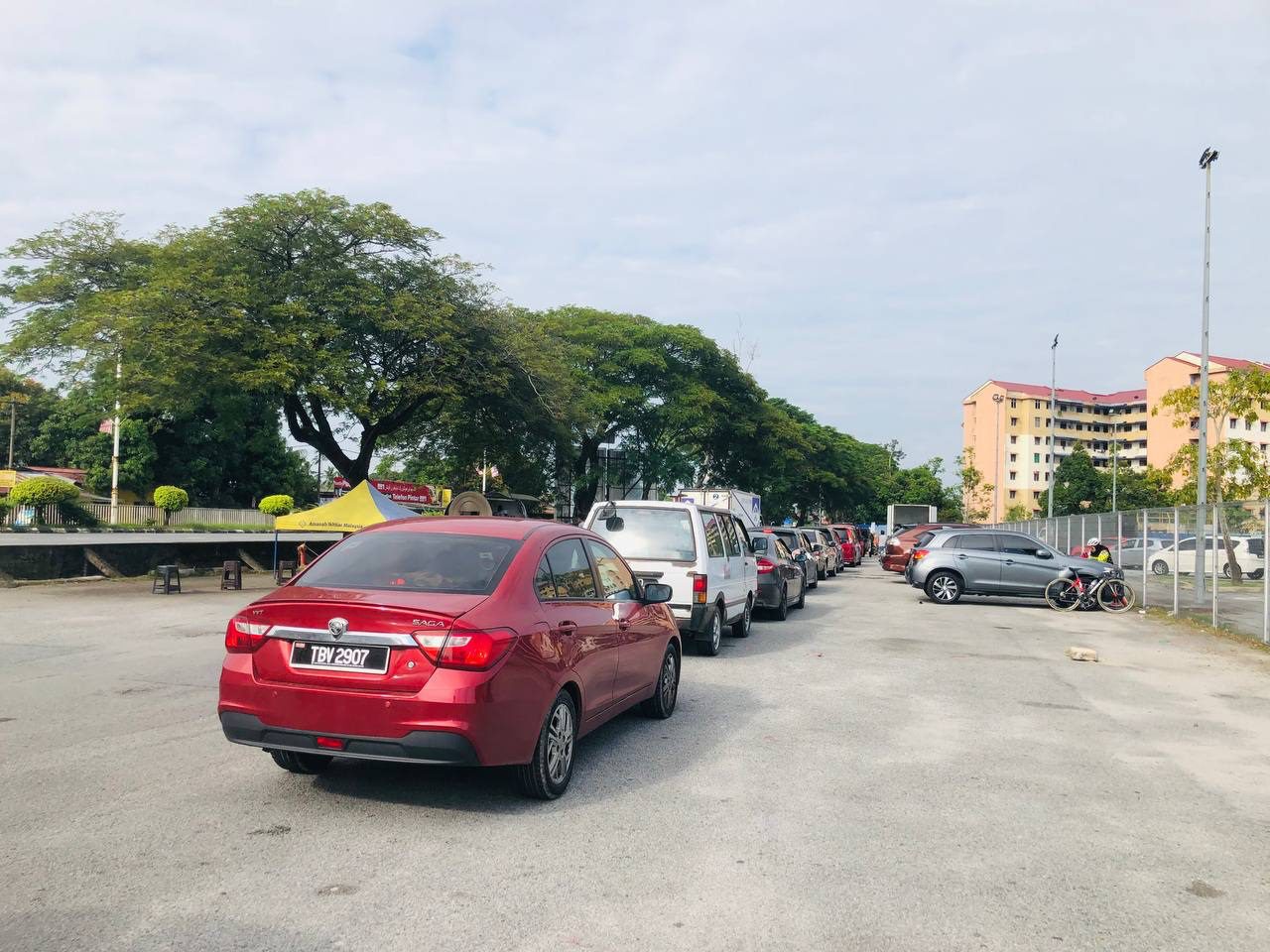
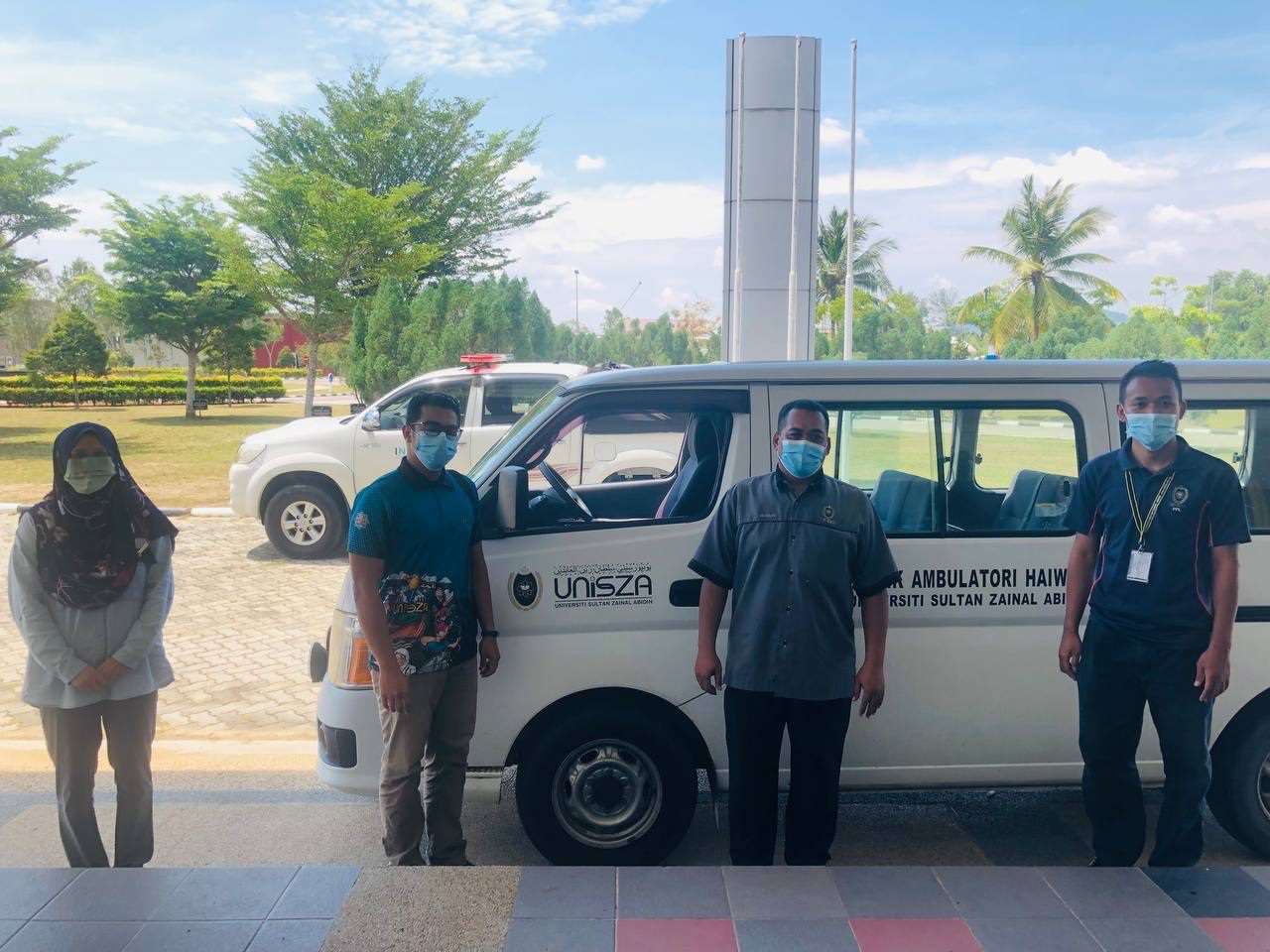
According to the Project Chief, Roshaslinie Amdam-Ramli, the project received overwhelming response from the community with a collection of 40 tonnes, which has exceeded 5-time target in one week. The collection was managed under 3R waste hierarchy principle which is ‘Reduce, Reuse, Recycle’ Waste Hierarchy.
The unwanted or unused textiles including clothes, bags, belts, curtains, and blankets collected from the public sent to Life Line Clothing for sorting and reproduction. The wearable garments, bags, and linen are either sold at second-hand clothing retails or exported to the developing countries in Africa and Pacific nations, countries where there is incessant demand for inexpensive clothing.
On the other hand, the unwearable items are reproduced into rags as industrial wiping cloths, and the highly damaged textiles are to be reused for other purposes such as blankets or be processed into refused-derived fuel (RDF) for industries kilns.
The eventual profit made from the selling and exportation of the reproduced products will be donated to National Cancer Council Malaysia (MAKNA).
The clothes recycling program is part of INSTEP collective efforts to reduce carbon emissions. Besides in-campus food composter house and the installation of solar rooftop across the campus, INSTEP is aspired to prepare highly skilled future sustainable global workforce from its new offerings in renewable energy modules and solar training system.
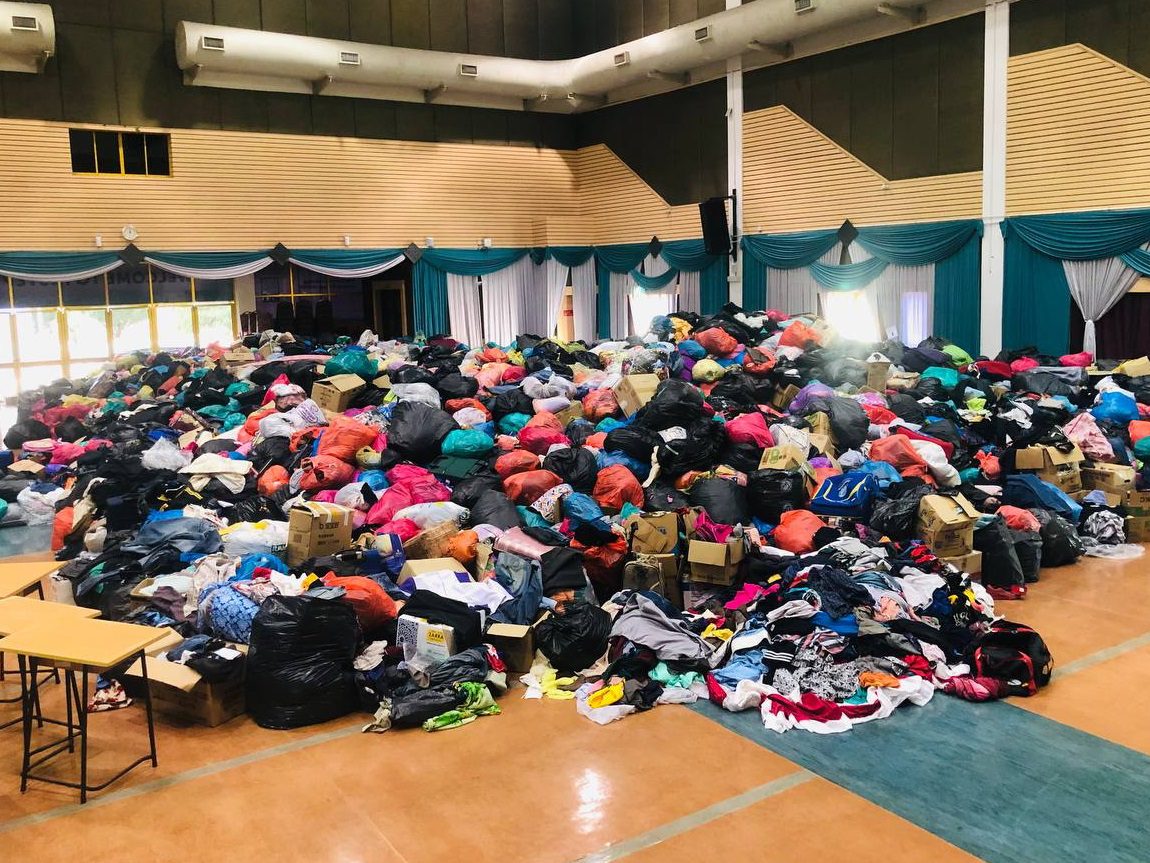
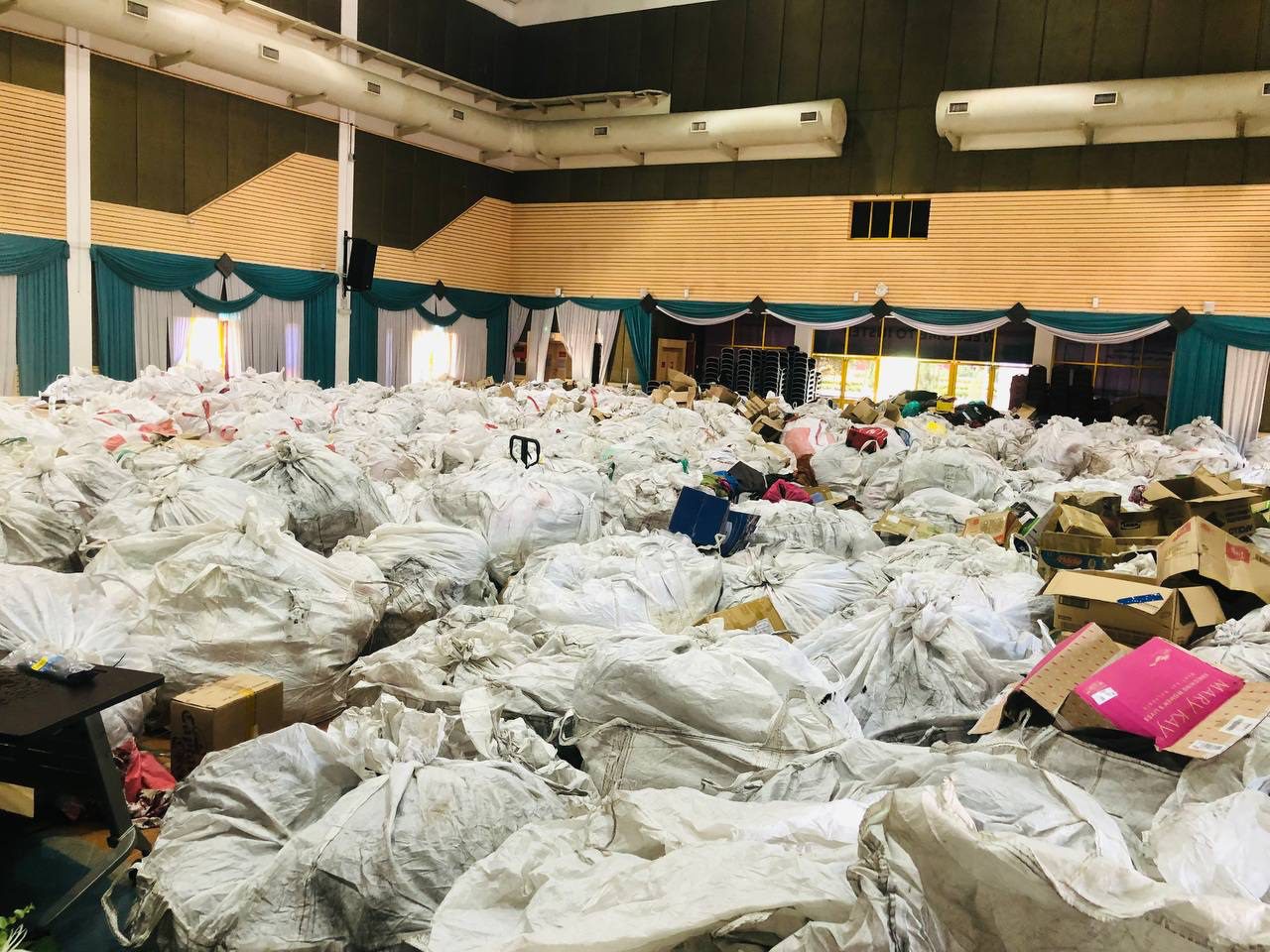

Institut Teknologi Petroleum PETRONAS (INSTEP) has successfully collected 40 tonnes of unused textiles from public under “Recycle Your Clothes” programme. The initiative is part of INSTEP effort in responding to the pledge towards a sustainable future.
INSTEP Chief Executive Officer, Idris Ibrahim says, “INSTEP is committed towards combatting global warming issues and landfills overflow. It is also resonating PETRONAS Sustainability Agenda, particularly the Net Zero Carbon Emission (NZCE) aspiration by 2050.”
The “Recycle Your Clothes’ programme is a collaborative effort with Life Line Clothing Malaysia Sdn. Bhd., a textile recycling company that aims to reduce fabric landfill waste. The target weight collection was 8 tonnes for a duration of 1 month.
With full support from Kuala Terengganu City Council (MBKT), Kuala Terengganu District and Land Office, Kuala Nerus District and Land Office and People’s Volunteer Corps (RELA), few public areas such as supermarket and night market site in Kuala Nerus and Kuala Terengganu were selected as collection points.


Programme Committee Member from INSTEP, Mohd Muaz Abdul Rasid expressed his proud to be part of the committee as the initiative promotes awareness among the local community on the importance sustainable environment. To reduce the risk of COVID-19 pandemic, the collection activities were carried out strictly in compliance with the Standard Operating Procedures (SOP) such as drive through concept with minimal physical contact.


According to the Project Chief, Roshaslinie Amdam-Ramli, the project received overwhelming response from the community with a collection of 40 tonnes, which has exceeded 5-time target in one week. The collection was managed under 3R waste hierarchy principle which is ‘Reduce, Reuse, Recycle’ Waste Hierarchy.
The unwanted or unused textiles including clothes, bags, belts, curtains, and blankets collected from the public sent to Life Line Clothing for sorting and reproduction. The wearable garments, bags, and linen are either sold at second-hand clothing retails or exported to the developing countries in Africa and Pacific nations, countries where there is incessant demand for inexpensive clothing.
On the other hand, the unwearable items are reproduced into rags as industrial wiping cloths, and the highly damaged textiles are to be reused for other purposes such as blankets or be processed into refused-derived fuel (RDF) for industries kilns.
The eventual profit made from the selling and exportation of the reproduced products will be donated to National Cancer Council Malaysia (MAKNA).
The clothes recycling program is part of INSTEP collective efforts to reduce carbon emissions. Besides in-campus food composter house and the installation of solar rooftop across the campus, INSTEP is aspired to prepare highly skilled future sustainable global workforce from its new offerings in renewable energy modules and solar training system.


